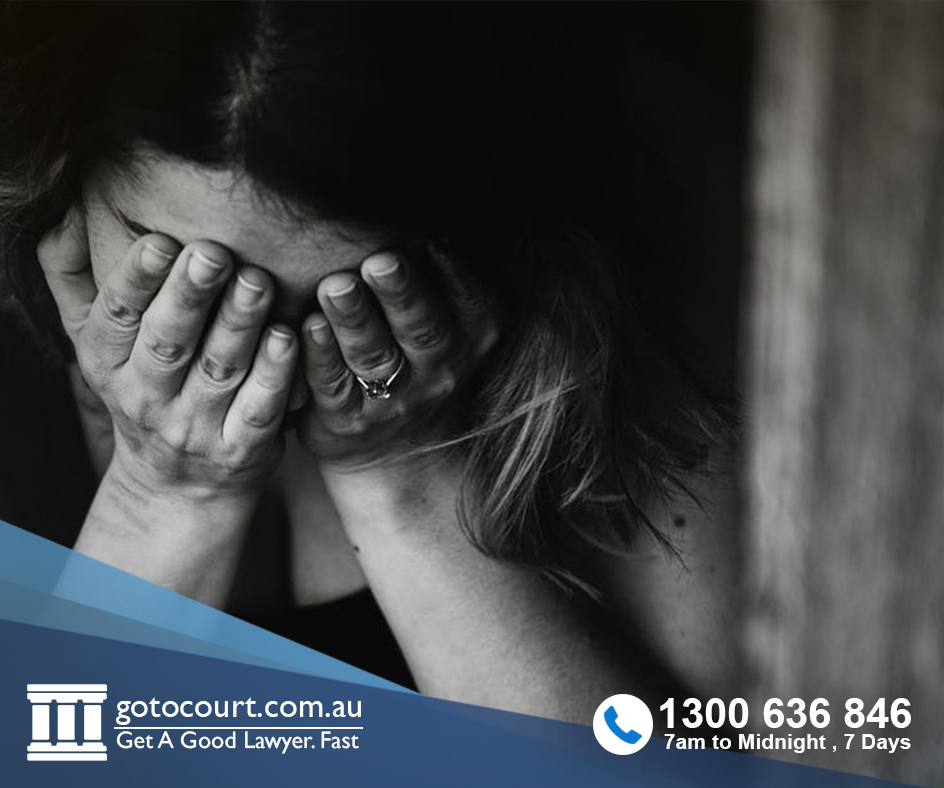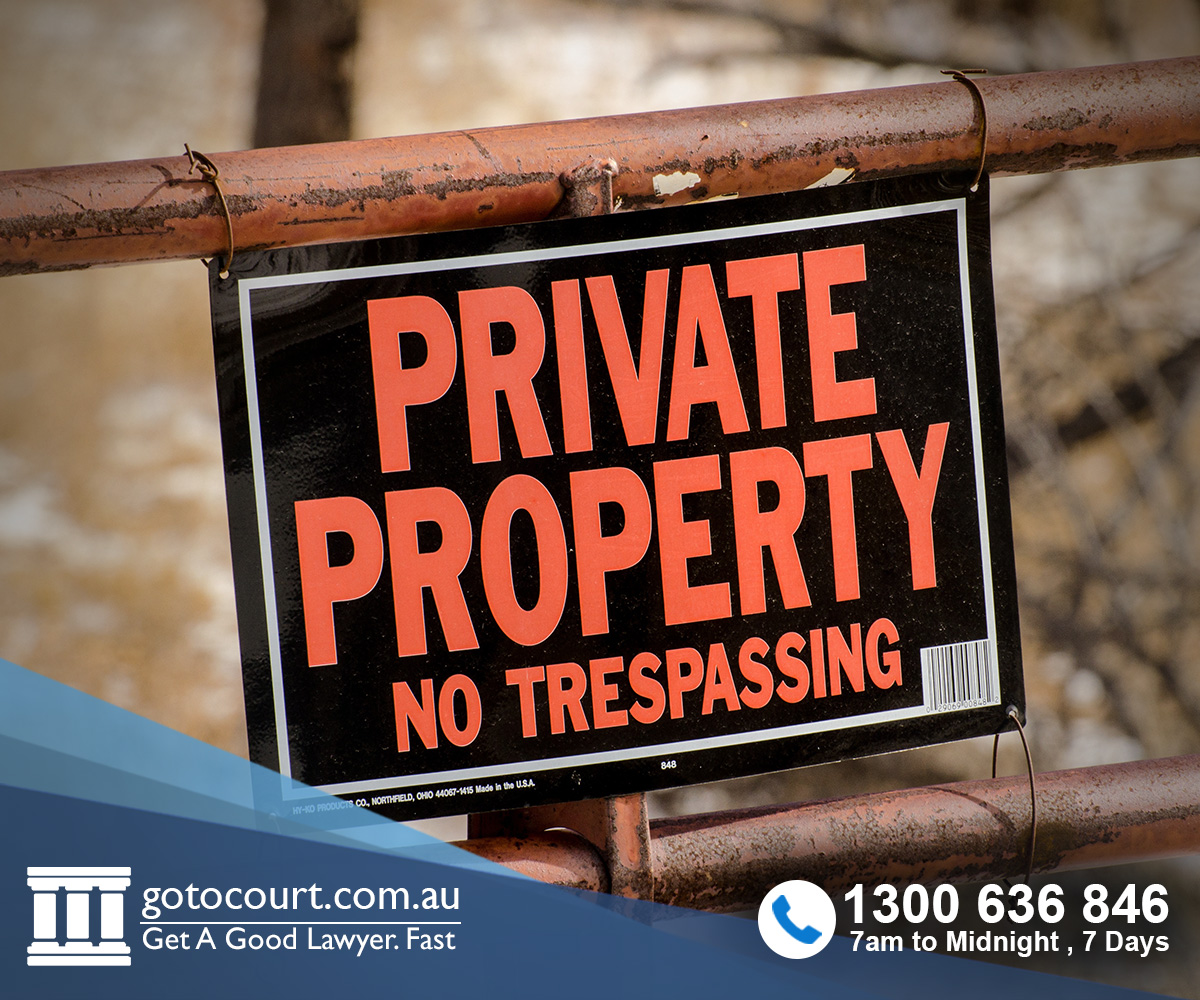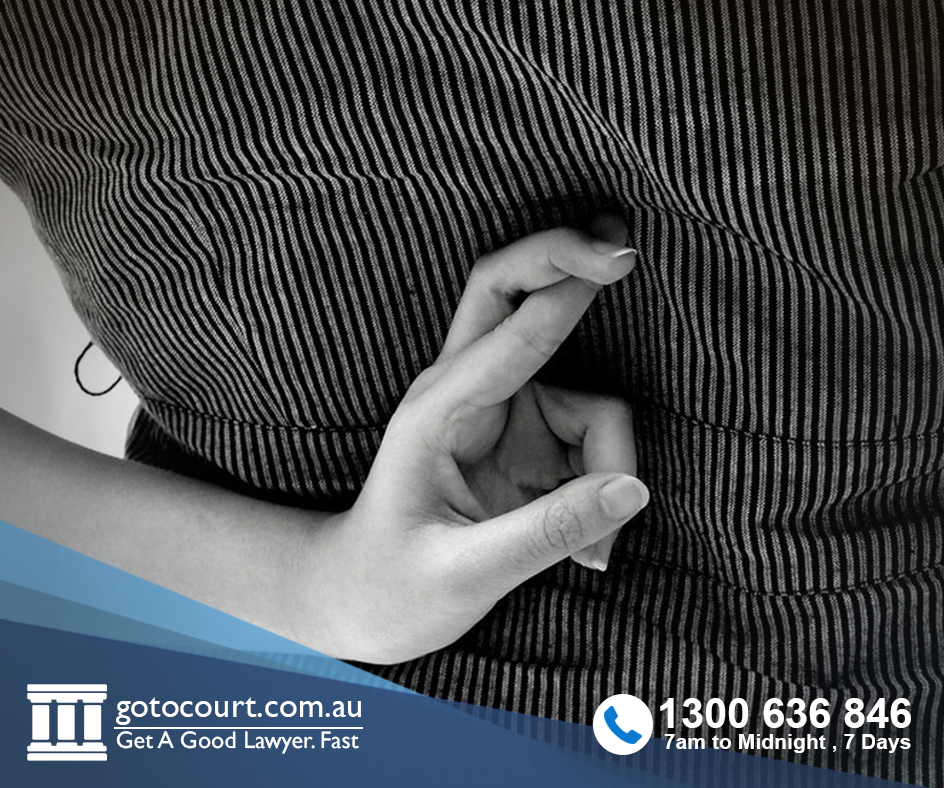Fines (Vic)
Fines are commonly imposed for traffic offences and minor criminal offences. Fines can be ordered by a court or imposed on the spot by police. They can be imposed on their own or together with another order, such as a Good Behaviour Bond.
In Victoria, courts can impose a fine up to the maximum penalty set by legislation for a particular offence. Maximum penalties are described in penalty units, which are a fixed amount that goes up incrementally each year. In the 2019- 2020 period, a penalty unit in Victoria is $165.22.
An offender can be sentenced to a fine with or without a conviction.
Infringements
The Victorian Police have the power to impose on the spot fines, or infringements for traffic matters and for minor criminal matters. If you receive an infringement notice you can:
- Pay the fine;
- Request an internal review;
- Nominate another person as the driver;
- Indicate that the vehicle has been sold or stolen;
- Elect to go to court.
If you seek an internal review, Victoria Police will look at the matter again and decide whether to confirm the infringement or withdraw the infringement. If they withdraw the infringement, they may refer the matter to the Magistrates Court or issue an official warning in its place.
If you elect to go to court, you can challenge the offence based on a legal or factual defence.
Magistrates Court fines
If you are sentenced to a fine by a Magistrate, you will have to pay the fine directly to the Magistrates Court of Victoria. This can be done in person at the registry, by BPAY or by cheque or money order.
If you are not in a position to pay the whole fine in one go, you can apply to pay it off through an installment plan. If you have more than one fine, you can ask the court to group them together so that you only have to make one regular payment.
Converting fines into community work
If you are unable to pay your fine, you can make an application to have the fine converted into unpaid community work. This will usually only occur if you are unemployed or there is some other specific reason why you cannot pay the fine off in installments.
To make this application, you must provide the court with up to date information as to how much (if any) of the fine has been paid off. You must also supply the court with an affidavit about your financial situation. You may be asked to provide supporting documentation such as bank statements.
If the application is granted, you will be ordered to do a minimum of eight hours of community work. The fine will be converted at a rate of one hour for every $20 owing. You will need to attend your local Community Corrections Centre within 48 hours of the order being made to arrange for the completion of the work.
Converting fines into imprisonment
If you are serving a sentence of imprisonment and you have outstanding fines, you can apply for an order that you serve time in prison instead of paying the fines. This is known as a ‘time served’ order. One day in prison equates to one penalty unit.
A time served order allows a person to work their fines off whilst in prison and come out free of debt. Such an order must be applied for whilst you are still in prison. However, if you apply whilst in prison but released before the time served order is made, the court can still make the order.
A time served order is served concurrently with the prison sentence being served. The maximum amount that can be ‘worked off’ under a time served order is 730 penalty units. A time served order will usually not result in the offender having to spend any extra time in custody. When you have a fine that exceeds the amount of time you will be spending in prison, this is called having an ‘excess’. In this situation, the court will usually make other arrangements for you to work off the excess (such as by community work after you are released), rather than by spending extra time in jail.
What happens if I don’t pay my fine?
If you fail to pay a fine imposed by the police or by a court, Fines Victoria can take enforcement action against you. This may include suspending your driver’s licence or vehicle registration, making deductions from your bank account or from money owed to you such as wages, or charging and selling land that you own.
If you continue to ignore your fines, the court may issue an enforcement warrant. The Sherriff may then take enforcement action against you such as selling your personal property, wheel clamping your vehicle or arresting you.
If you require legal advice or representation in a criminal matter or in any other legal matter, please contact Go To Court Lawyers.







